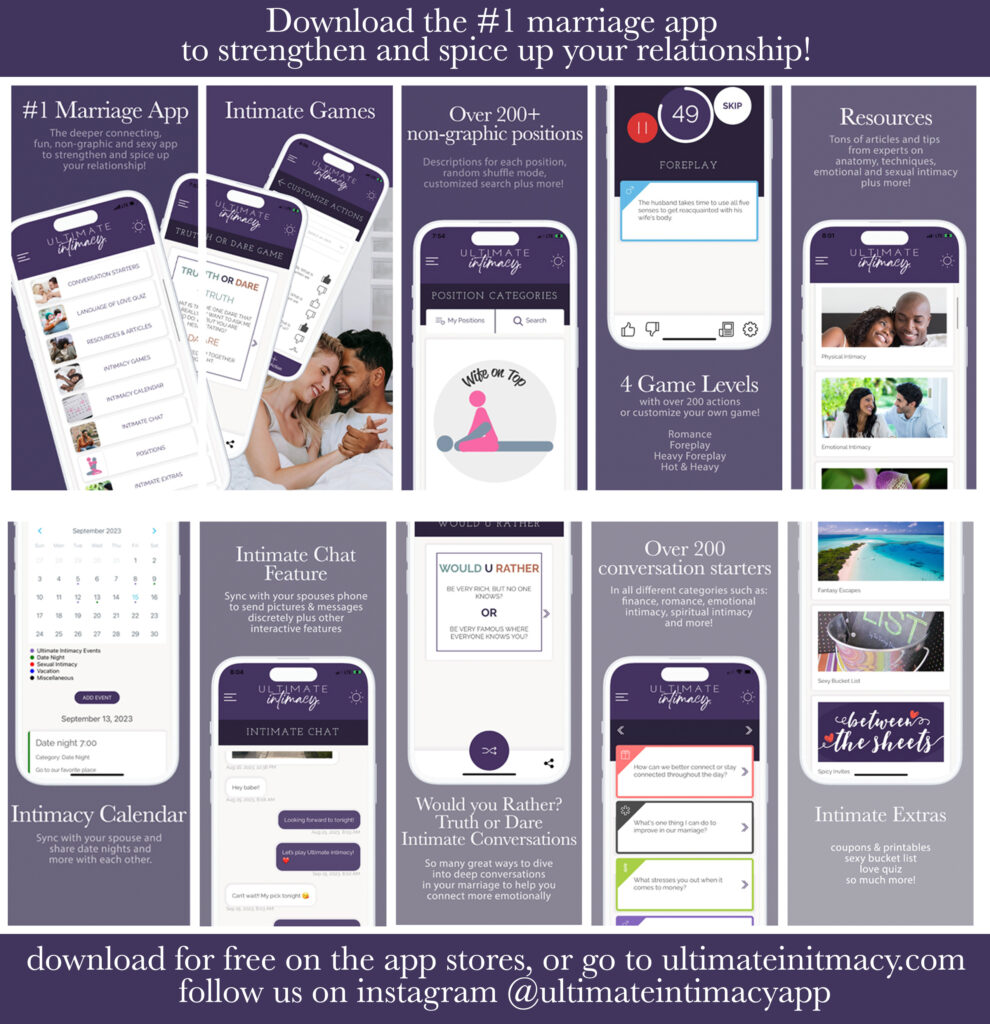In many marriages, the concept of nagging is all too familiar. It refers to the persistent, repetitive, and often critical communication style used by one spouse to convey their concerns or desires. While it may begin with good intentions, nagging can have significant negative impacts on a relationship.
In this article, we’ll delve into what nagging is, explore the detrimental effects of having a nagging spouse, and provide practical solutions for couples to mend this communication issue.
What is Nagging?
A nagging spouse is someone who frequently complains or criticizes their partner about various aspects of their life or behavior. It’s essential to remember that nagging can be detrimental to a relationship and should be addressed with open and honest communication. Here are some examples of what a nagging spouse might say or complain about:
- Household chores:
- “You never help with the dishes; it’s always my responsibility.”
- “The garbage has been sitting there for days. Can’t you take it out?”
- Time spent on personal interests:
- “You’re always playing video games. Can’t you spend more time with me?”
- “When are you going to stop working and pay attention to the family?”
- Financial matters:
- “You spend money on unnecessary things all the time.”
- “We should be saving more, but you never stick to a budget.”
- Personal habits:
- “You need to lose weight. You’re getting too unhealthy.”
- “You smoke too much; it’s terrible for your health.”
- Communication:
- “You never listen to me when I talk. It’s like you don’t care.”
- “You never call or text me during the day. Do you even miss me?”
- Social interactions:
- “You always cancel plans with our friends. You’re so anti-social.”
- “You embarrassed me at the party last night. You need to be more considerate.”
It’s important to note that constant nagging can strain a relationship, erode trust and intimacy, and lead to resentment. Open and respectful communication is crucial in addressing any issues or concerns within a marriage.

Negative Impacts of Having a Nagging Spouse
- Strained Communication: Nagging creates a cycle of poor communication. The constant complaints can lead to defensiveness and withdrawal, making it difficult to have meaningful conversations.
- Resentment and Frustration: The partner on the receiving end of nagging may start to feel resentful, criticized, and unappreciated. This can lead to a build-up of frustration and animosity.
- Diminished Intimacy: Frequent nagging erodes emotional intimacy, leaving spouses feeling disconnected. It’s hard to be close when nagging creates a hostile atmosphere.
- Reduced Motivation: Ironically, nagging can lead to procrastination rather than action. The person being nagged may be less inclined to comply out of sheer frustration or rebellion.
- Negative Self-Image: Constant criticism can erode self-esteem and self-confidence, causing lasting damage to a person’s self-image.

Solutions to Fix Nagging in a Relationship
- Open and Honest Communication: Initiate a calm, honest conversation with your spouse about their nagging habits. Share your feelings and concerns without blame or criticism.
- Choose the Right Time: Pick a suitable time to discuss the issue when both of you are relaxed and receptive. Avoid bringing up the topic during moments of tension.
- Seek to Understand: Ask your spouse why they feel the need to nag. Sometimes, there may be underlying issues or unmet needs that need addressing.
- Set Clear Expectations: Discuss responsibilities, expectations, and deadlines together. Agree on a shared plan for managing household tasks and responsibilities.
- Express Appreciation: Make an effort to acknowledge and appreciate your spouse’s contributions. Positive reinforcement can reduce the urge to nag.
- Practice Empathy: Try to see things from your spouse’s perspective. Understand that nagging may be a result of frustration or feeling unheard.
- Active Listening: As the recipient of nagging, practice active listening. Show empathy and try to understand your spouse’s concerns. Avoid getting defensive.
- Compromise: Work together to find compromises and solutions that satisfy both partners. A give-and-take approach can reduce nagging tendencies.
- Create a To-Do List: Implement a visible list of tasks and responsibilities to track progress. This can help avoid misunderstandings and reduce the need for nagging.
- Couples Counseling: If nagging persists and strains the relationship, consider seeking the help of a couples’ therapist. A professional can provide guidance and tools for improved communication.
Conclusion
Nagging is a common issue in many marriages, but it doesn’t have to be a permanent fixture in your relationship. By addressing this communication challenge openly, empathetically, and collaboratively, couples can break free from the cycle of nagging and create a more harmonious and loving partnership.
Remember, a healthy marriage is built on effective communication, mutual understanding, and the willingness to work together to resolve issues.
Ultimate Intimacy
Check out the most amazing app to help your transform your relationship! The Ultimate Intimacy App is the #1 app for married couples. The app offers so many things:
- Resources and Articles
- Bedroom and Intimacy Games
- Conversation Starters
- Non Graphic Sex Positions (iPhone only)
- Love Language Quiz
- And so much more!

